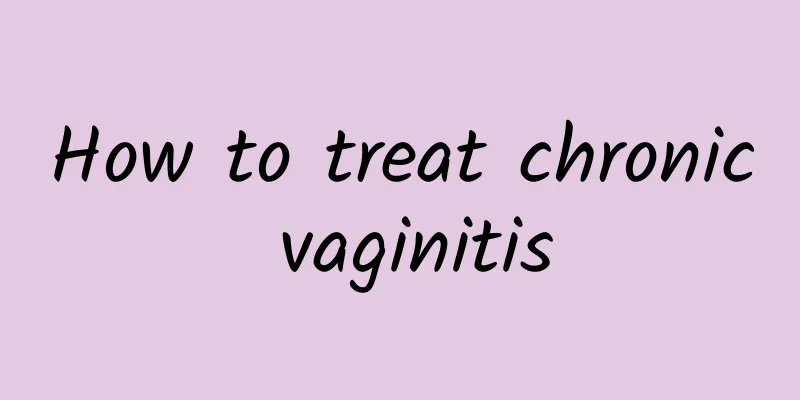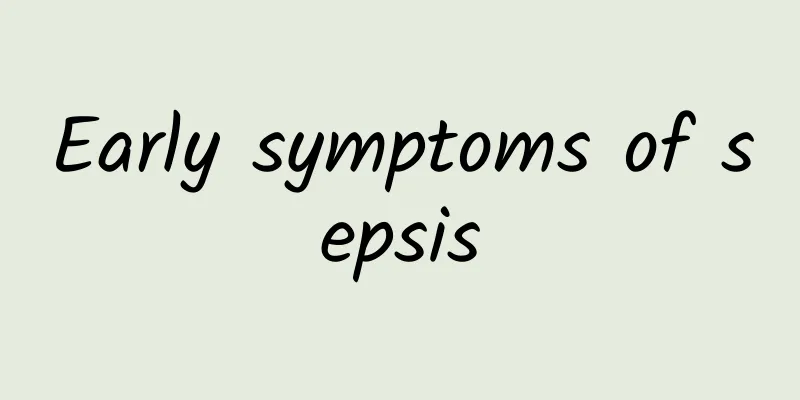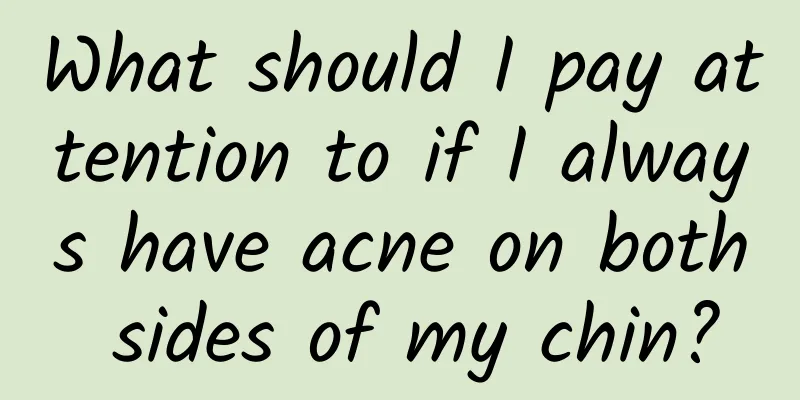What are the dietary taboos for taking Chinese medicine?

|
We all know that Chinese medicine is an important part of traditional Chinese medicine. Traditional Chinese medicine has a long tradition of "medicine and food have the same origin". Guided by the theory of traditional Chinese medicine, combined with the selection of appropriate dietary therapy plans, it can achieve the purpose of strengthening the body and regulating sub-health. Traditional Chinese medicine has a stable effect, and the key to treating the root of the disease is to regulate the body as the main method and treat it as a supplement. Traditional Chinese medicine treatment can change the body's functions. Although the process is long, the side effects are very small, so it is loved by many people. Nowadays, more and more people choose to take traditional Chinese medicine, so what should we pay attention to in our diet when taking traditional Chinese medicine? Let me give you a detailed introduction below. Spicy People who are taking traditional Chinese medicine also need to avoid various spicy foods. Otherwise, not only will the medicinal properties be weakened, but it may even react with the medicine and seriously endanger human health. Moreover, Chinese medicine in our country points out that hot and spicy foods are mostly warm in nature, consume qi and stir up fire. Therefore, you should try to avoid such foods when taking Chinese medicines for clearing heat and eliminating toxins, nourishing yin and increasing fluids, cooling blood and nourishing yin. You should also try to avoid eating spicy foods during the treatment of carbuncles and ulcers. For example, foods like onions, garlic, pepper, mutton, dog meat, etc., if consumed while taking traditional Chinese medicine, will offset the effects of the medicine, and some may even promote inflammation and cause bleeding symptoms. Greasy All kinds of greasy foods should also be avoided while taking Chinese medicine. Traditional Chinese medicine points out that greasy foods are sticky, and can also promote dampness and phlegm, and cause loose bowels and stagnant gas. After consumption, it will mix with the medicine and hinder the gastrointestinal absorption of the active ingredients of the medicine, thereby reducing the efficacy. Especially patients with weak spleen and stomach, indigestion, hypertension, coronary heart disease and other diseases should eat less of this kind of food in their daily life. These are foods that cannot be eaten while taking Chinese medicine, otherwise they are likely to reduce the medicinal properties and affect human health. In addition, it should be noted that you should avoid taking Western medicine while taking Chinese medicine to avoid conflicting properties. Fishy Generally, Chinese medicines have aromatic smells, especially aromatic dehumidifying and aromatic qi-regulating medicines, which contain a large amount of volatile oils to exert their therapeutic effects. These aromatic substances are most incompatible with fishy smells. If you do not avoid fishy smell when taking Chinese medicine, it will often affect the efficacy of the medicine. Such as the fishy smell of fish, shrimp, and seafood, and the mutton smell of cattle and mutton. Patients with allergic dermatitis such as allergic asthma, allergic rhinitis, boils, eczema, urticaria, etc. must avoid eating fishy foods while taking Chinese medicine. They should also eat less fishy, spicy and irritating foods such as chicken, lamb, pork head, crab, and goose meat. Because these foods contain foreign proteins, some patients are particularly sensitive and prone to allergies, which aggravates their condition. Strong tea Generally, do not drink strong tea when taking Chinese medicine, because tea contains tannic acid. Strong tea contains more tannic acid. When taken with Chinese medicine, it will affect the body's absorption of the active ingredients in the medicine and reduce its efficacy. Especially when taking "ejiao" and "tremella", avoid taking them with tea. Taking them at the same time will cause the tannic acid, bioalkali, etc. in the tea to precipitate, affecting the body's absorption. If you have the habit of drinking tea, you can drink a little green tea, and it is best to drink it 2 to 3 hours after taking the medicine. The above are the dietary taboos when taking Chinese medicine that I introduced to you. Everyone must be more careful when taking Chinese medicine. In addition, we must understand our own constitution and choose the most suitable medicinal materials to achieve the best effect. In addition, while receiving Chinese medicine treatment, we should also strengthen our physical fitness and do more physical exercise to improve our body's immunity. Eat more nutritious foods, and less spicy, cold, irritating foods, as well as barbecued and fried foods. |
<<: What are the dietary taboos while taking Chinese medicine?
>>: What are the taboos when taking Chinese patent medicine?
Recommend
Clinical classification of pulmonary tuberculosis
The tuberculosis we often talk about in our daily...
What to do if your foot is sprained and swollen
As an important organ of the human body, the main...
How to check hemorrhoids
It is said that "nine out of ten people suff...
Is a weak positive ectopic pregnancy likely to be serious?
When testing with an early pregnancy test paper, ...
What are the dangers of tooth extraction during menstruation?
During menstruation, women's physical constit...
Does less hair mean kidney problems?
The fast-paced lifestyle and excessive life press...
The efficacy and function of the fruit of the bark tree
The scientific name of the pawpaw tree is mulberr...
What to do if you have a brain tumor convulsion
The brain is the headquarters of the human body a...
What causes pain in right thumb
If you experience pain in the thumb of your right...
Is Bupleurum poisonous?
Bupleurum is a common Chinese herbal medicine. It...
What is the effect of rolling eggs with eyes
Many people often boil a hard-boiled egg, peel of...
Traditional Chinese medicine formula for clearing lungs and reducing phlegm
Clearing the lungs, relieving cough and resolving...
What to do if your digestive system is not good
Although people look better when they are thin, b...
Life expectancy after heart stent surgery, postoperative attention is critical
Heart stent surgery is an advanced medical techno...
Is small cell tumor treatable?
Many people think that they have a small cell tum...









